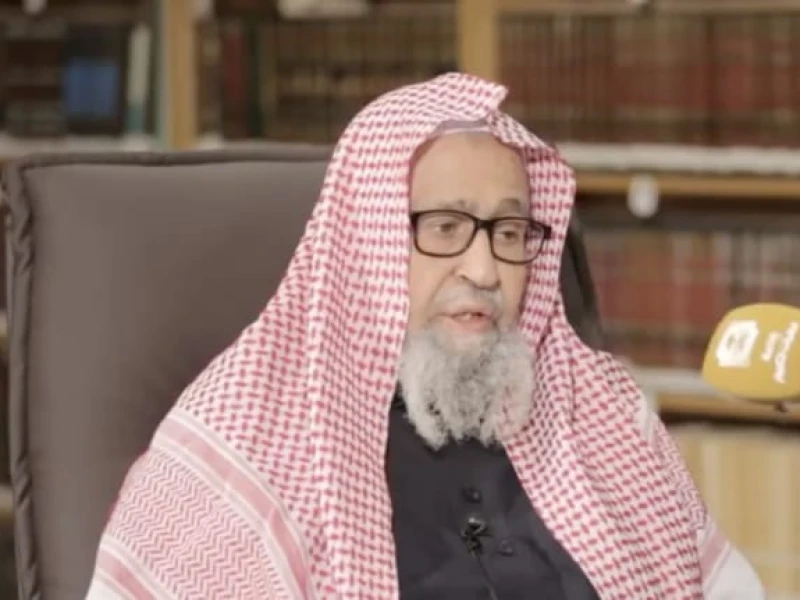Saudi Arabia has appointed prominent ultraconservative cleric Sheikh Saleh bin Fawzan al-Fawzan as the kingdom’s new grand mufti, the country’s highest religious authority.
The state-run Saudi Press Agency announced late Wednesday that King Salman made the appointment on the recommendation of Crown Prince Mohammed bin Salman. Sheikh Saleh, aged 90, succeeds Sheikh Abdulaziz bin Abdullah al-Sheikh, who served as grand mufti for 25 years until his death in September.
Born on 28 September 1935 in al-Qassim province, Sheikh Saleh memorised the Quran with a local imam after the death of his father and later rose to prominence through his long-running radio programme Noor ala al-Darb (“Light the Way”), as well as through books and television appearances. His religious edicts, or fatwas, have long circulated widely on social media.
Sheikh Saleh has faced criticism for controversial remarks over the years. Human Rights Watch cited him in 2017 for describing Shiite Muslims as “brothers of Satan” and questioning their faith. He has also condemned Yemen’s Houthi rebels for targeting Saudi holy sites.
In 2003, he was quoted as saying, “Slavery is a part of Islam. Slavery is part of jihad, and jihad will remain as long as there is Islam.” In 2016, a fatwa attributed to him banned the mobile game Pokémon Go, calling it a form of gambling. Ironically, Saudi Arabia under Crown Prince Mohammed now owns major stakes in Nintendo and Niantic, the game’s developer.
The appointment marks a significant departure from tradition, as for generations the role of grand mufti has been held by members of the al-Sheikh family — descendants of Sheikh Mohammed Ibn Abdul-Wahhab, whose 18th-century teachings formed the basis of Wahhabism. This strict interpretation of Islam has long shaped Saudi Arabia’s religious identity, particularly after the 1979 Islamic Revolution in Iran.
As the grand mufti, Sheikh Saleh becomes one of the most influential Sunni clerics in the world. His rulings carry considerable weight, given Saudi Arabia’s role as the custodian of Islam’s two holiest cities, Mecca and Medina.
Although Saudi Arabia has embarked on a path of social liberalisation under King Salman and Crown Prince Mohammed, including allowing women to drive and reopening cinemas — Sheikh Saleh’s appointment underscores the continuing influence of the conservative religious establishment within the kingdom.
Source: Agencies


 Prev Post :
Prev Post :
